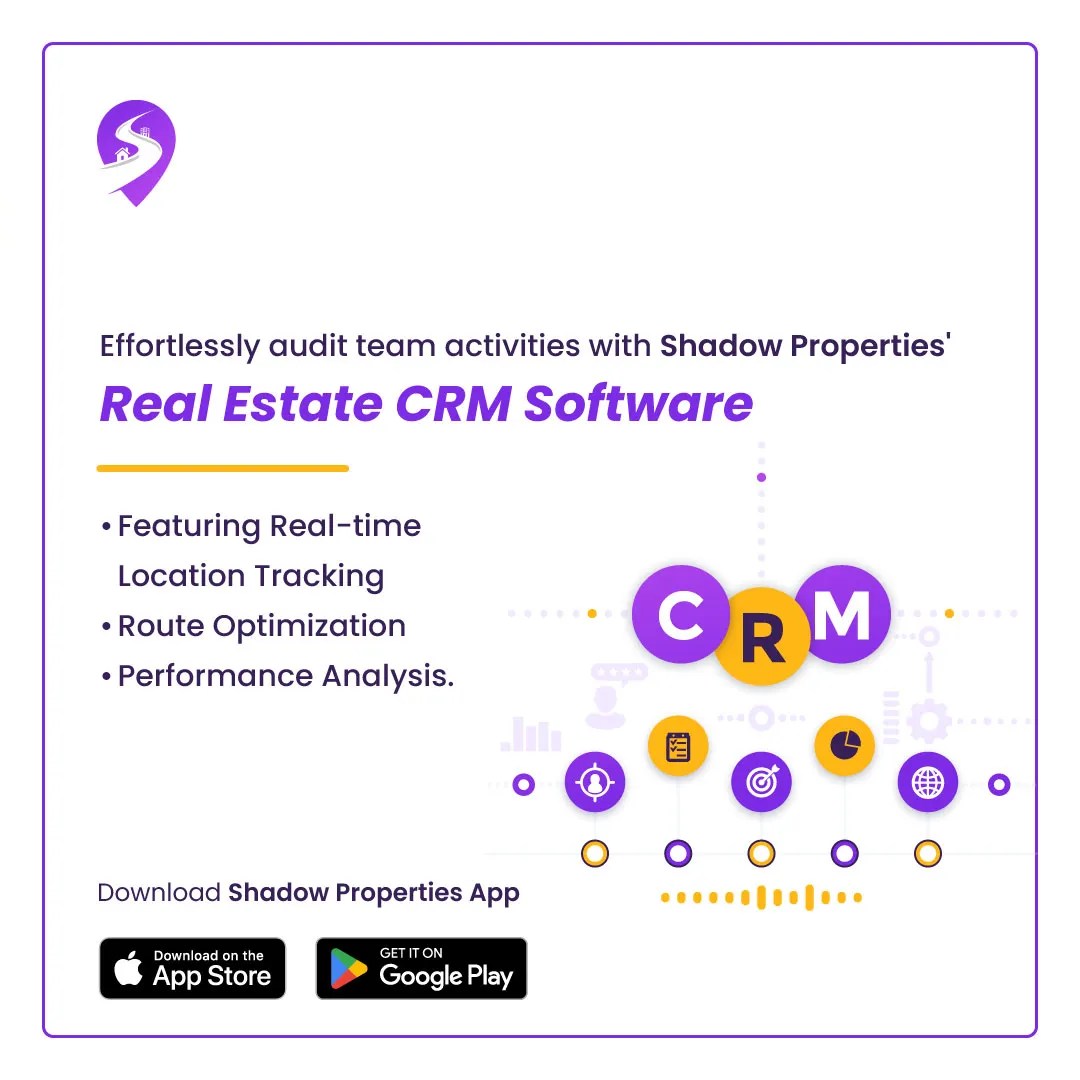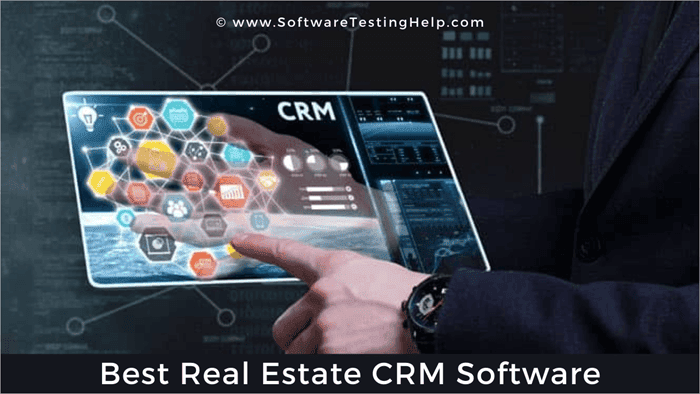Real estate software CRM offers a powerful way to manage client relationships and streamline business operations. It’s a crucial tool for modern real estate professionals, helping them stay organized and focused on providing exceptional service.
This software can help you centralize client data, automate tasks, and track leads effectively. Features like automated email sequences and personalized communication strategies can help foster stronger client relationships and increase sales conversion rates.
Real estate is a competitive industry, and staying organized and efficient is key to success. Real estate CRM software can be a game-changer, streamlining processes, improving communication, and boosting overall productivity. This comprehensive guide dives deep into the world of real estate CRM software, exploring its benefits, features, and how to choose the right solution for your needs. We’ll cover everything from basic contact management to advanced marketing automation and reporting.

Source: dribbble.com
Understanding Real Estate CRM Software: Real Estate Software Crm
A real estate CRM (Customer Relationship Management) system is a software application designed specifically for real estate professionals. It helps manage client interactions, track leads, schedule appointments, and manage properties. This goes beyond simple contact lists, offering tools for nurturing leads, automating tasks, and ultimately, closing deals faster and more effectively. The right CRM can be instrumental in boosting your bottom line in the competitive real estate market.
Key Features of Effective Real Estate CRM Software, Real estate software crm
- Lead Management: Crucial for capturing and nurturing potential clients. A good system will allow for automated lead assignment, tracking of communication history, and scoring to prioritize the most promising leads.
- Contact Management: Organize and store detailed information about clients, including contact details, property preferences, and communication history. This allows for personalized interactions and targeted marketing.
- Property Management: Manage listings, track showings, and schedule appointments related to properties. Some systems even integrate with MLS data feeds for up-to-date information.
- Marketing Automation: Automate email campaigns, social media posts, and other marketing efforts to reach a wider audience and nurture leads effectively.
- Reporting and Analytics: Generate reports on lead conversion rates, sales performance, and other key metrics to track progress and identify areas for improvement. This is crucial for making data-driven decisions.
- Integration with Other Tools: Seamless integration with other real estate tools, such as email marketing platforms, MLS systems, and accounting software, can streamline workflows and eliminate data silos.
Choosing the Right Real Estate CRM Software
Selecting the right CRM is critical for your real estate business. Consider your specific needs, budget, and the size of your operation. Don’t just look at the features; consider the user interface, ease of use, and the level of customer support.
Factors to Consider When Evaluating Real Estate CRM Software
- Scalability: Will the software accommodate your growth as your business expands?
- Integration Capabilities: Does it integrate with the tools you already use?
- User-Friendliness: Is the software intuitive and easy to navigate?
- Customer Support: What level of support is available, and how responsive is the support team?
- Pricing Model: Choose a pricing model that aligns with your budget and usage.
Benefits of Using Real Estate CRM Software
Real estate CRM software offers numerous benefits for agents and businesses. It can improve efficiency, enhance client relationships, and ultimately, increase profitability. These benefits often translate into more successful transactions and a more sustainable business model.
Real Estate CRM Software Examples
Many reputable CRM software providers cater to the real estate industry. Examples include (but are not limited to):
- Xero
- Zoho CRM
- Salesforce
- REcolorado
(Note: This is not an exhaustive list, and the best choice depends on your specific needs and budget.)
Frequently Asked Questions (FAQ)
- Q: How much does real estate CRM software cost?
A: Pricing varies significantly depending on the features, the number of users, and the chosen provider. Some offer tiered pricing plans, while others charge a per-user or per-month fee. Contact providers directly for specific pricing information.
- Q: Is real estate CRM software difficult to use?
A: Most modern real estate CRM software is designed with user-friendliness in mind. However, training and time investment are essential for effective use.
- Q: What are the security considerations when using real estate CRM software?
A: Security is paramount. Choose providers with robust security measures and data protection protocols to safeguard sensitive client information.
Conclusion and Call to Action
Real estate CRM software is a powerful tool for real estate professionals seeking to enhance efficiency, manage leads effectively, and build stronger client relationships. By understanding the features, benefits, and considerations associated with these systems, you can select the right solution to drive your business forward. Investing in a robust CRM can significantly improve your real estate business’s performance and profitability.

Source: softwaretestinghelp.com
We highly recommend researching different platforms and determining the best fit for your needs and budget.
Ready to take your real estate business to the next level? Contact us today to learn more about how real estate CRM software can benefit your organization.
In conclusion, real estate software CRM systems are essential for modern real estate practices. They provide a centralized platform for managing clients, streamlining workflows, and ultimately boosting profitability. By leveraging the power of these tools, real estate agents and brokers can improve their efficiency, enhance client satisfaction, and achieve their business goals.
FAQ Overview
What are some common CRM features for real estate?
Many CRMs offer features such as lead tracking, contact management, property listings, and automated marketing campaigns. Some even integrate with other real estate tools.
How much does real estate CRM software typically cost?
Pricing varies greatly depending on the features offered and the number of users. Some providers offer tiered pricing plans to accommodate different business needs and budgets.
Can real estate CRM software integrate with other platforms?
Yes, many CRM platforms offer integrations with other tools used in real estate, like email marketing services, accounting software, and property management systems.
What are the benefits of using a real estate CRM?
Using a CRM can lead to improved client communication, increased efficiency in daily tasks, enhanced data management, and ultimately, higher sales conversion rates.